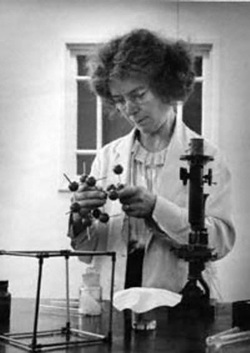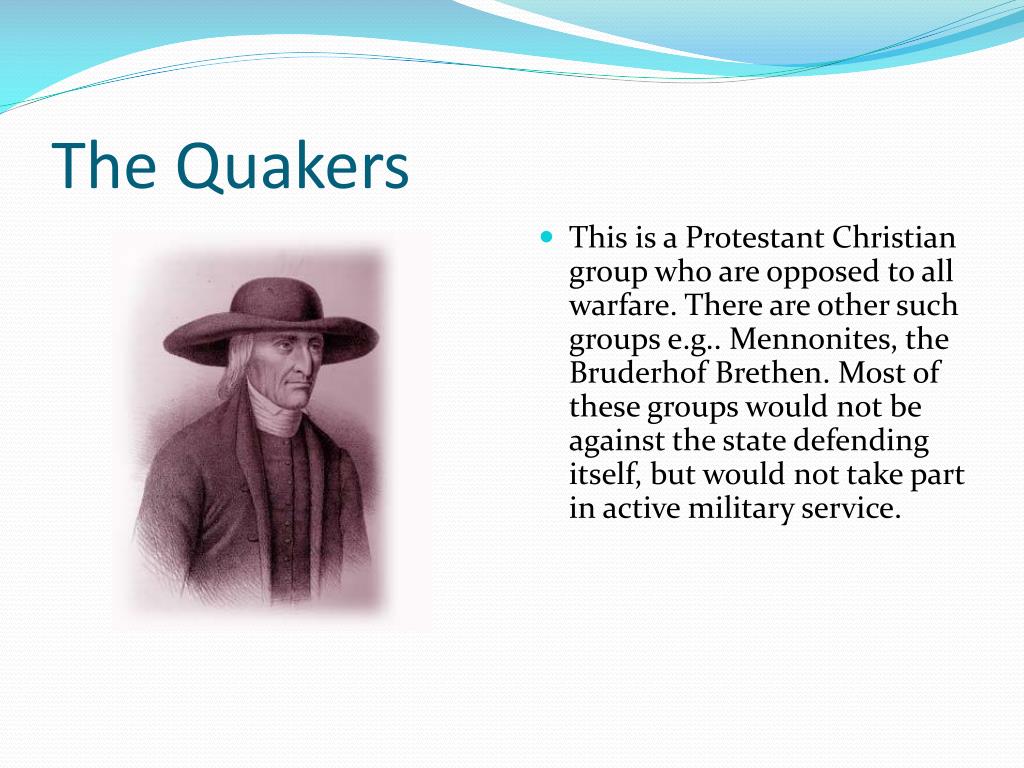


SpaceNext50 Britannica presents SpaceNext50, From the race to the Moon to space stewardship, we explore a wide range of subjects that feed our curiosity about space!.Learn about the major environmental problems facing our planet and what can be done about them! Saving Earth Britannica Presents Earth’s To-Do List for the 21st Century.Britannica Beyond We’ve created a new place where questions are at the center of learning.100 Women Britannica celebrates the centennial of the Nineteenth Amendment, highlighting suffragists and history-making politicians.
QUAKERS PACIFIST HOW TO
COVID-19 Portal While this global health crisis continues to evolve, it can be useful to look to past pandemics to better understand how to respond today.Student Portal Britannica is the ultimate student resource for key school subjects like history, government, literature, and more.Demystified Videos In Demystified, Britannica has all the answers to your burning questions.This Time in History In these videos, find out what happened this month (or any month!) in history.#WTFact Videos In #WTFact Britannica shares some of the most bizarre facts we can find.Britannica Classics Check out these retro videos from Encyclopedia Britannica’s archives.Britannica Explains In these videos, Britannica explains a variety of topics and answers frequently asked questions.War posed not only an external threat, but it also led to internal division and disruption among the Quakers. The war had a devastating impact on Quakers in Upper Canada, but it was more than war that proved to be so devastating to Upper Canadian Quakers during this period. The seeds of division among Quakers were sown. And, in 1812, David Willson led a group that broke away from the Yonge Street Friends to form the Children of Peace. The Yonge Street settlement had just recovered from an epidemic that ravaged the community in 1809 a second unknown epidemic swept through the settlement in 1812-13. Their settlements were still relatively new and usually set apart from other colonists. With very few exceptions, Quakers abided by these restrictions. Any and all connections to war or war activity were forbidden. The peace testimony at this time was really an anti-war testimony. Because many Quaker farmers refused government war bills as payment for grain or for billeting soldiers, they lost revenue as well as giving up property. If their horses or other goods were appropriated, Friends were expected to bear their loss willingly. Most Quakers stood by their pacifist beliefs when war erupted in 1812 and very few joined the conflict voluntarily. While Quakers throughout the province suffered on account of their principles, Yonge Street Friends were affected most severely, no doubt the result of their proximity to the capital of York. In the years between 18, Quakers paid dearly in property and goods a number of them paid the penalty of a month in prison. When they refused to pay military fines, the colonial government responded by seizing their property. Quakers also prohibited participating in militia roll call or military exercises, even if no fighting took place. Those who did pay fines or engaged a substitute for their service faced discipline and possible disownment. Quakers refused to pay these fines on the grounds that this action supported military activity. in taking up the sword to shed human blood.”ĭespite government concessions for religious testimonies, the Militia Acts of 17 permitted exemption from military service only on the condition that fines were paid in lieu of service. In 1806, one Quaker meeting presented an official address to Lieutenant Governor Gore, assuring him of their commitment to the “welfare and prosperity of the province,” while reminding him that “we cannot for conscience sake join with many of our fellow mortals. In 1792, Lieutenant Governor Simcoe encouraged Quaker settlement by promising some exemption from militia duties. On the contrary, Quakers suffered deeply for their pacifism.įriends’ pacifist position was well-known to the Upper Canadian government. This should not suggest that they were not affected by the war. Despite the fact that the War of 1812 came literally to the doorsteps of members of the Religious Society of Friends (Quakers), only a handful had any voluntary involvement in the conflict.


 0 kommentar(er)
0 kommentar(er)
